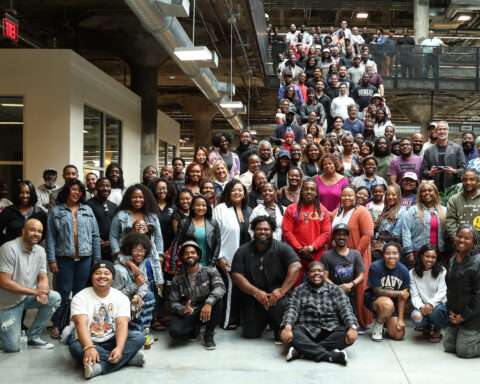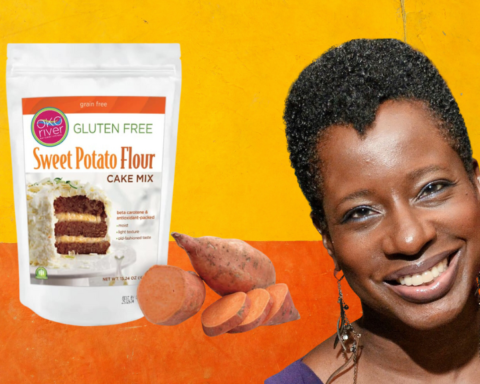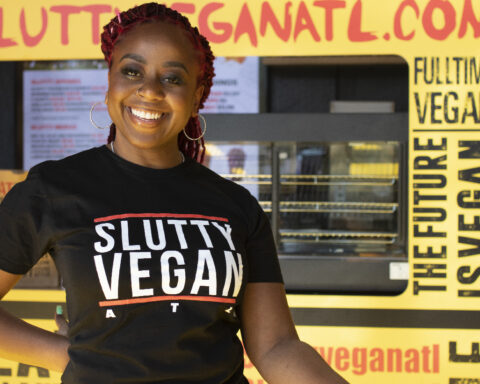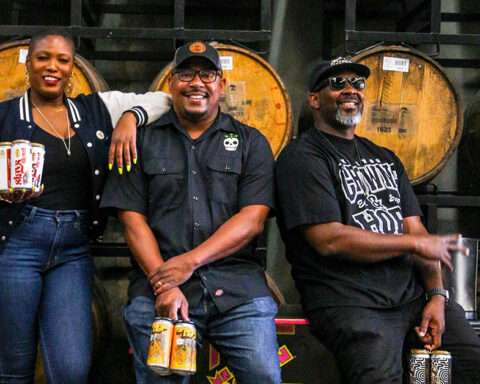Now, after years of teaching and serving as a principal in Detroit schools, helping lead the Detroit Black Community Food Security Network (DBCFSN) and starting D Town Farm on the city’s west side, Yakini and DBCFSN are planning a 34,000-square-foot food co-op, event space, and commercial kitchens in Detroit’s North End neighborhood. The project could serve as a proof-of-concept for the ability of co-ops to build wealth, create food security, and drive investment in underserved communities.
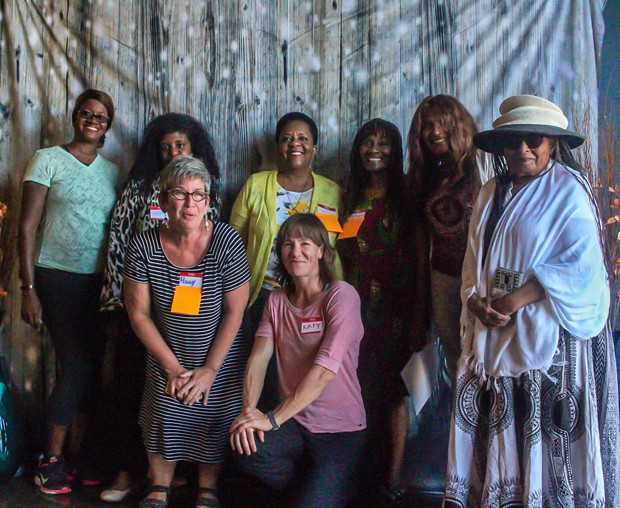
The project, which is called the Detroit Food Commons and contains the Detroit People’s Food Co-op, builds on a tradition of African-American business cooperatives that were championed by the likes of W.E.B. Dubois as tools for building economic and ultimately political power. Following slavery, African Americans formed co-ops for things like credit and farming to survive under a segregated and exploitative system. Unlike other businesses, co-ops are jointly owned enterprises, focused more on meeting collective needs than turning profits, although profit or “surplus” as it’s sometimes called is necessary to exist in a capitalist system. At the Detroit People’s Food Co-op, each owner will get one vote, creating equality between owners, at least in theory.

However, food co-ops and similar businesses still have to contend with the same challenges faced by other African-American businesses to obtain financing. “The exclusion of certain groups from accessing credit is no mistake,” Rebanal says. Some have understandably questioned the ability of co-ops to reverse the growing wealth gap between black and Latinx households and white ones. Rebanal says she believes it will take a while to reverse this trend and the onus needs to be on lenders as well as communities to create change. But she thinks her organization can help by both providing investment and technical assistance. Cooperative ownership itself also helps with financing—the cost to join the Detroit co-op is $200, although there is a matching fund for a number of low-income people to buy-in with just $100.
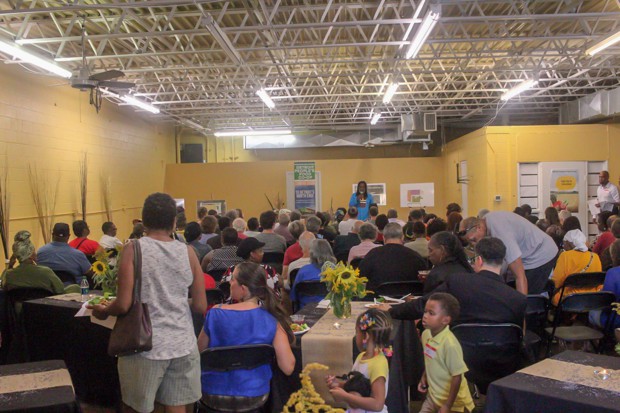
“One of the challenges we’re faced with is that the neighborhood is changing,” Yakini says. “And co-ops, no matter how thoughtful we are, help to spur gentrification. And so, we’re thinking about ways that we can circulate wealth within the existing community.” They’re also trying to make themselves more accessible to historical residents by rewriting some of the rules of the co-op playbook, offering what they call “clean conventional” products, which will make up 25 percent of the store. They’re coming up with their own standards for these more affordable foods that will exclude ingredients like BHT and artificial colors, while also accounting for other things like labor practices.
Although connecting with black Detroiters is a priority, Yakini makes clear that the goal is to create a welcoming environment. “That’s kind of a delicate balance that we’re walking because we definitely believe in black self-determination and black leadership and this is black-led … And the white people who are working with us—I think for the most part—have an awareness of the racial dynamic and the need for black leadership, and are trying to function in a way that helps promote that. But we don’t want to frame it in such a way that everybody doesn’t feel welcome to shop there.”
Rebanal believes this is already happening, noting a dozen other projects that have been inspired by Malik’s mentorship. Although the circumstances in Detroit are unique, this project is still expected to change the conversation around cooperative enterprise. “We think the model is aspirational,” Rebanal says, “and we see it happening in many other communities.”
Source: City Lab




